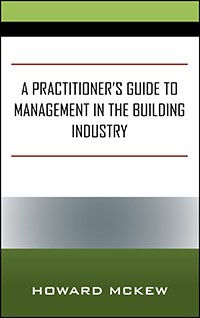Direct Digital Control Retrofit: From Project Planning Through Performance Verification is one of four new ASHRAE Learning Institute courses that will be available at ASHRAE's 2004 Winter Meeting, Jan. 24-28, in Anaheim, CA.
Mark Hydeman, P.E., a principal at Taylor Engineering, Alameda, Calif., will serve as instructor. "This is a practical course grounded by experience that presents a process and key issues for delivering a successful DDC retrofit," Hydeman stated.
The course is said to use case studies to illustrate the delivery of a project from early planning through the final punch list. It addresses an array of issues, such as determining the scope of the retrofit, when to use open protocols, keys to successful DDC specifications, and a process for performance verification of the installed control system.
The course includes various examples, including energy efficient sequences, detailed points list, and analysis of monitored data to troubleshoot the control system.
The other new courses are:
- Designing Underfloor Air Distribution (UFAD) Systems, a professional development seminar that will cover topics ranging from fundamental concepts through practical design based on real installations, focusing on the similarities and differences of UFAD systems as compared to more traditional overhead approaches. The instructor is a co-author of ASHRAE's Underfloor Air Distribution Design Guide, which is expected to be available in November.
- Introduction to Thermal Energy Storage Systems for Air-Conditioning, a short course, which will provide information on the design and selection of thermal energy storage systems, including ice and chilled water storage.
- Evaluating and Designing Exhaust Systems to Avoid Fume Reentry, a short course, which will provide information regarding the need for good exhaust system design and discuss issues that should be considered when designing exhaust stacks and intakes.
For more information on these courses, e-mail edu@ashrae.org.




